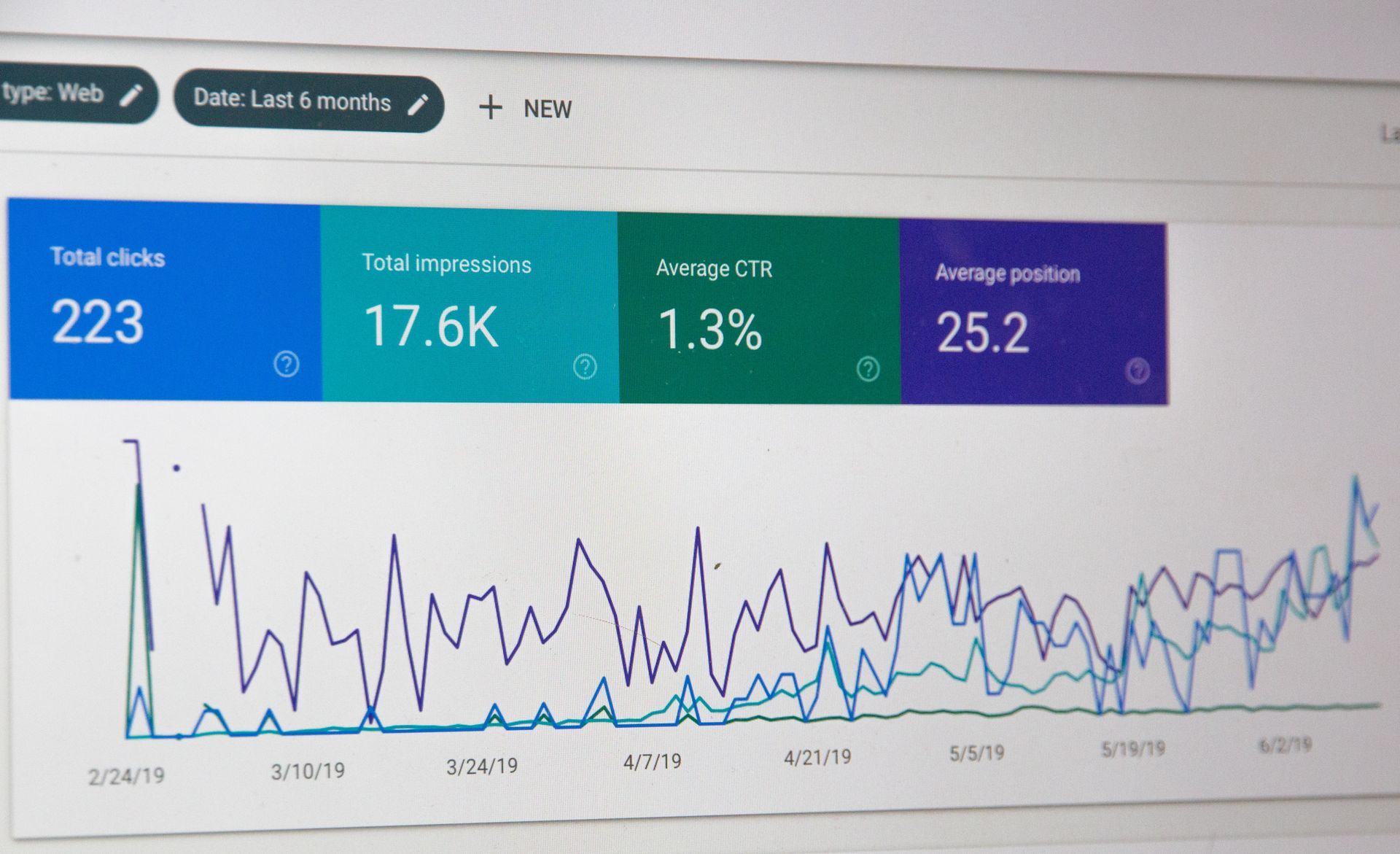Implementing Effective SEO Strategies for Small Business
In the bustling marketplace of the digital world, SEO strategies for small business websites are not just a buzzphrase but the cornerstone of online visibility. As a small business, your website is a vital tool to carve out a niche amidst towering competition. But without a well-executed SEO strategy, your virtual storefront may be tucked away in the back alley of search engine results pages (SERPs), untouched by potential customers. So to help you launch your website at the very top of SERPs, we've consulted experts in websites for small businesses, and here are the top 7 strategies you need to employ.
The Spotlight of SEO: Making Small Businesses Shine Bright
In an era where the Internet is the go-to source for most consumer needs, Search Engine Optimization (SEO) has
transformed from mere convenience to a necessity, particularly for small businesses. Think of SEO as a digital spotlight that pulls your website out of the darkness and into the vibrant landscape of SERPs.
Here's why understanding how search engines work and optimizing your website is crucial:
- SEO drives organic traffic, the lifeblood of a thriving online presence.
- It builds credibility and trust, assuring your audience that your brand is not just another faceless online entity.
- SEO is a cost-effective approach to garner a solid online footprint, which is especially vital for small businesses operating on a shoestring budget.

With this understanding, let's delve into seven actionable SEO strategies for small business websites that can improve online visibility.
1. Content is King: Embrace Quality and Consistency
In the high-stakes game of SEO, content is your ace. It's more than just digital scribbling; it's about generating high-quality, valuable material that speaks directly to your audience. Search engines, like gourmet diners, appreciate and prioritize fresh, relevant content that satisfies user hunger for information. Therefore, building a winning content strategy is crucial for your small business.
To effectively implement this strategy, focus on understanding your target audience's needs and create content that answers their queries. Updating your website with new blogs, articles, or news can significantly enhance your SEO efforts. Remember, consistently delivering quality content is a winning formula in the SEO playbook.
2. Keywords: Your Golden Ticket
Keywords are not just words; they're the vital connection between what users search for and your content. They're your golden ticket to visibility in the vast expanse of the Internet.
However, successful keyword usage goes beyond merely peppering your content with popular terms. It demands understanding your audience's search intent, which requires comprehensive keyword research. Once armed with this knowledge, you can implement these keywords organically in your content, meta descriptions, URLs, and titles.
3. On-page Optimization: The Unsung Hero
On-page SEO is the invisible engine that powers your website's visibility on search engine results. It's the art and science of optimizing individual web pages, ensuring they speak the search engine language.
Optimizing your titles and headers with targeted keywords, designing SEO-friendly URLs, and creating compelling meta descriptions are crucial components of on-page SEO. These elements guide search engine crawlers and help them understand your content, leading to better indexing and higher ranking in SERPs.
4. Mobile Optimization: Meeting Your Audience Where They Are
With smartphones becoming the primary gateway to the Internet,
mobile optimization has grown from an optional strategy to an absolute must. It's all about ensuring your website
delivers a seamless experience to mobile users.

A mobile-optimized website boasts quick load times, an easy-to-navigate design, and an adaptable layout that fits various screen sizes. Embracing mobile optimization enhances user experience and appeals to search engines. It's one of the best ways to stay ahead in the game of SEO in 2023 and beyond.
5. Backlinks: Establishing Authority
In the digital world, backlinks are like nods of approval from other websites. They tell search engines that your content is not only valuable but authoritative. The more high-quality backlinks your website earns, the higher your chances of ranking favorably in SERPs.
Establishing a robust backlink profile involves creating share-worthy content, guest blogging, and a solid focus on building relationships with influencers and industry peers. As part of your broader SEO strategy, acquiring backlinks is a proactive way to stay ahead of the curve in the ever-evolving SEO landscape.
6. User Experience (UX): The Silent Influencer
While it may not be immediately apparent, user experience (UX) significantly impacts your SEO. A well-designed, user-friendly website invites visitors to stay, explore, and engage – qualities that search engines regard highly.
Consider site load speed, intuitive navigation, and visual appeal. An effortless browsing experience can reduce bounce rates, increase time spent on your site, and boost conversions. In essence, enhancing UX is not only beneficial for SEO but also for your overall business performance.
7. Analytics: The Path to Improvement
Last but by no means least, effective SEO strategy implementation requires
constant monitoring and fine-tuning, and that's where analytics come into play. Tools like Google Analytics offer a plethora of information about your website's performance, visitor behavior, and more.

By utilizing these valuable insights, you can accurately determine what is practical, recognize where there is room for growth, and confidently make data-based decisions. Embrace analytics as your guiding light in the ever-changing world of SEO, helping you continually optimize your strategies and stay competitive.
Beyond the Last Page: Carving Your SEO Future
As you can see, digital marketing is crucial for small business success, and SEO strategies for small business websites go beyond the technical nitty-gritty of digital marketing. They are a vital part of a broader ecosystem that influences how your brand is perceived in the online realm, how it interacts with potential customers, and how it can grow amidst the bustling competition of the internet marketplace.
Implementing these strategies is akin to laying a solid foundation for your digital storefront. It is crucial to ensure that your website is both appealing to your intended audience and easily discoverable by search engines. By integrating these SEO strategies, you build a bridge to your potential customers and pave the way to a sustainable and profitable digital future. The world of SEO may be complex and ever-evolving. Still, with these strategies and a commitment to continual learning and adaptation, small businesses are well-equipped to conquer the SEO landscape, one keyword at a time.
About The Author
Emma Richardson is a seasoned SEO strategist and digital marketing specialist. With over a decade of experience working with diverse businesses, Emma brings knowledge and practical insights to the digital marketing arena. Passionate about helping small businesses thrive online, she shares her expertise through informative and actionable articles like the one you've just read.
Photos used:
https://unsplash.com/photos/shr_Xn8S8QU
https://unsplash.com/photos/s8HyIEe7lF0
https://unsplash.com/photos/Q_HUQlTjZeU
https://unsplash.com/photos/FWVMhUa_wbY








